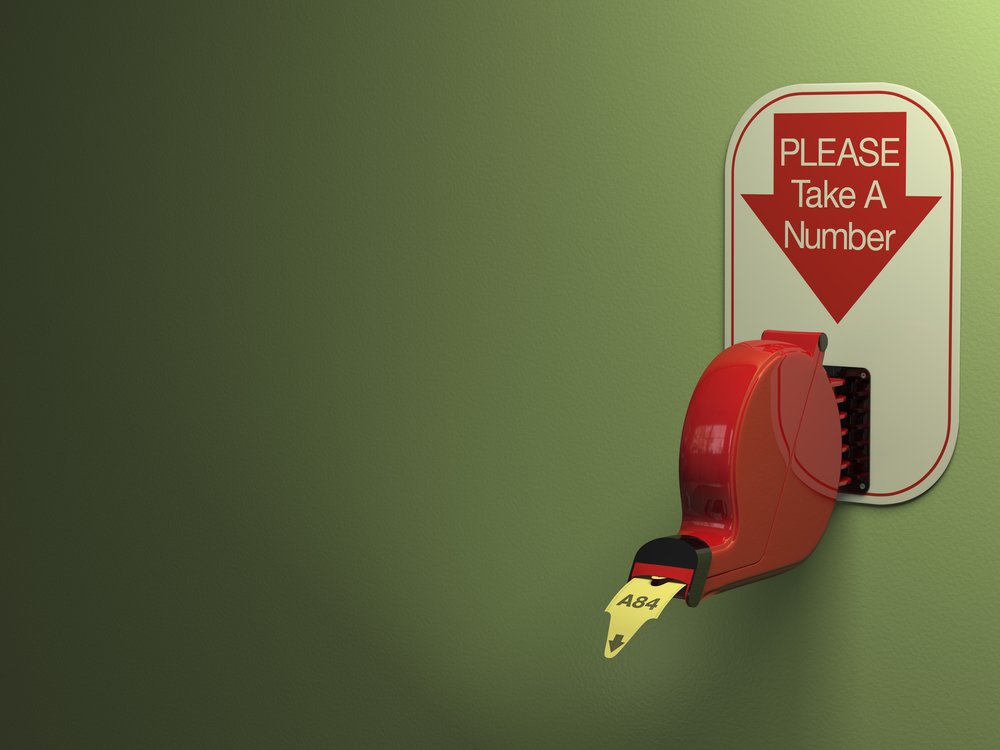
Roughly 20 veterans a day commit suicide nationwide, according to new data from the Department of Veterans Affairs — a figure that dispels the often quoted, but problematic, “22 a day” estimate yet solidifies the disturbing mental health crisis the number implied.
Interestingly, in Scandinavian countries, the suicide rate is 50 percent higher than in the US and more than double the UK rate.
What do veterans have in common with Scandinavian countries? Socialized medicine, for one thing. As a population, veterans — quite understandably — can be expected to have more mental or physical health problems than non-veterans of the same age. And veterans, like citizens of socialist countries, are exposed to the bureaucracy and carelessness of a socialized medical system. The inadequacies of these systems are well known. Could there be a link? It’s worth investigating.
I won’t disparage all professionals in a socialized system, such as the VA. But the point is: socialized systems reward mediocrity and discourage excellence. Socialism, whether in the VA or Sweden, is not a meritocracy; it’s a bureaucracy.
My years as a mental health professional have shown me that the treatment patients receive from their doctors has a major impact on their mental health. Physical pain and other medical discomfort inevitably contributes to deteriorating mental states; but inadequate medical attention — even if it’s only poor “bedside manner” — demoralizes and depresses many patients just as much, or even more than the illness itself.
America’s Medicare system for the elderly is a semi-socialized system, getting more that way all the time as the program — particularly since Obamacare took money away from it — runs on a tighter and tighter budget. With baby boomers coming of age, you haven’t seen anything yet. The people I counsel in their 70s and 80s who use Medicare are quite happy with the program — so long as they’re reasonably healthy. It’s when they’re less than healthy that all the red tape, being shuttled from specialist to specialist, confusing over billing and prescriptions, and all the other factors come into play. And mind you: Medicare is not totally socialized medicine. The VA and Scandinavian countries are.
I’m not suggesting that poor medical care is the only thing contributing to veteran suicide rates, or suicide rates for anyone else. But socialized medicine, with its lack of attention to excellence and merit for doctors, clearly is not the utopia so many fools keep pretending to think it is. And something unusual must explain why these suicide rates are so amazingly and shockingly high.
Maybe if the federal government stopped doing most of the things it currently does — including trying to finance health care (and just about everything else) for the rest of the population — it would have more money to legitimately spend on veterans who could totally opt out of the VA socialized system and participate in a free market for medicine. You know, the free market that doesn’t presently exist on a wide scale in America for anyone, veterans or not. Just imagine how much better it could be for all of us if medicine were permitted to function with the same efficiency as markets for automobiles, laptop computers, video games, Internet businesses, cell phones, clothing and groceries.
Socialism, in all its forms, is depressing. Its monopolization and reduction of emphasis on merits and incentives sucks the life and energy out of doctors, nurses and hospitals, the very people upon whom we all depend most desperately for life in our darkest moments. Veterans are the most vulnerable to the problems of socialized medicine because of the damage done to their bodies and psyches from the effects of battle; and they are the ones we plunge into the despair of socialized medicine more than anyone else in society.
It’s cruel and sadistic, if you really take a moment to think about it. But then, so is absolutely everything about socialism.
Follow Dr. Hurd on Facebook. Search under “Michael Hurd” (Rehoboth Beach DE). Get up-to-the-minute postings, recommended articles and links, and engage in back-and-forth discussion with Dr. Hurd on topics of interest. Also follow Dr. Hurd on Twitter at @MichaelJHurd1
